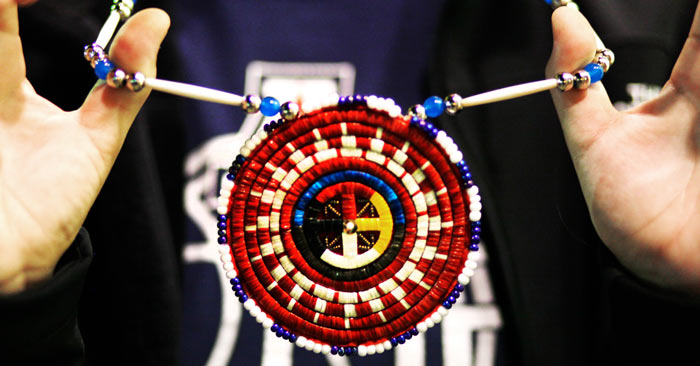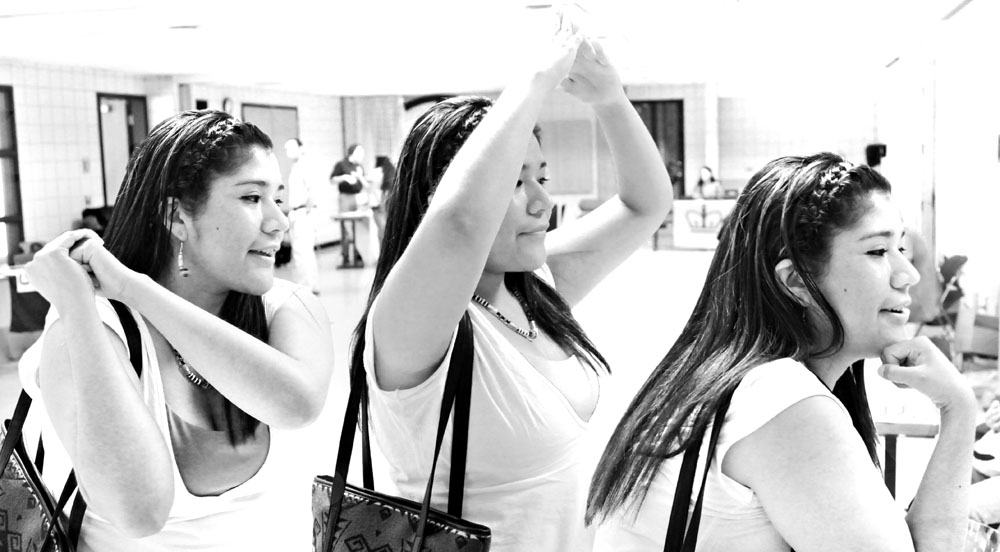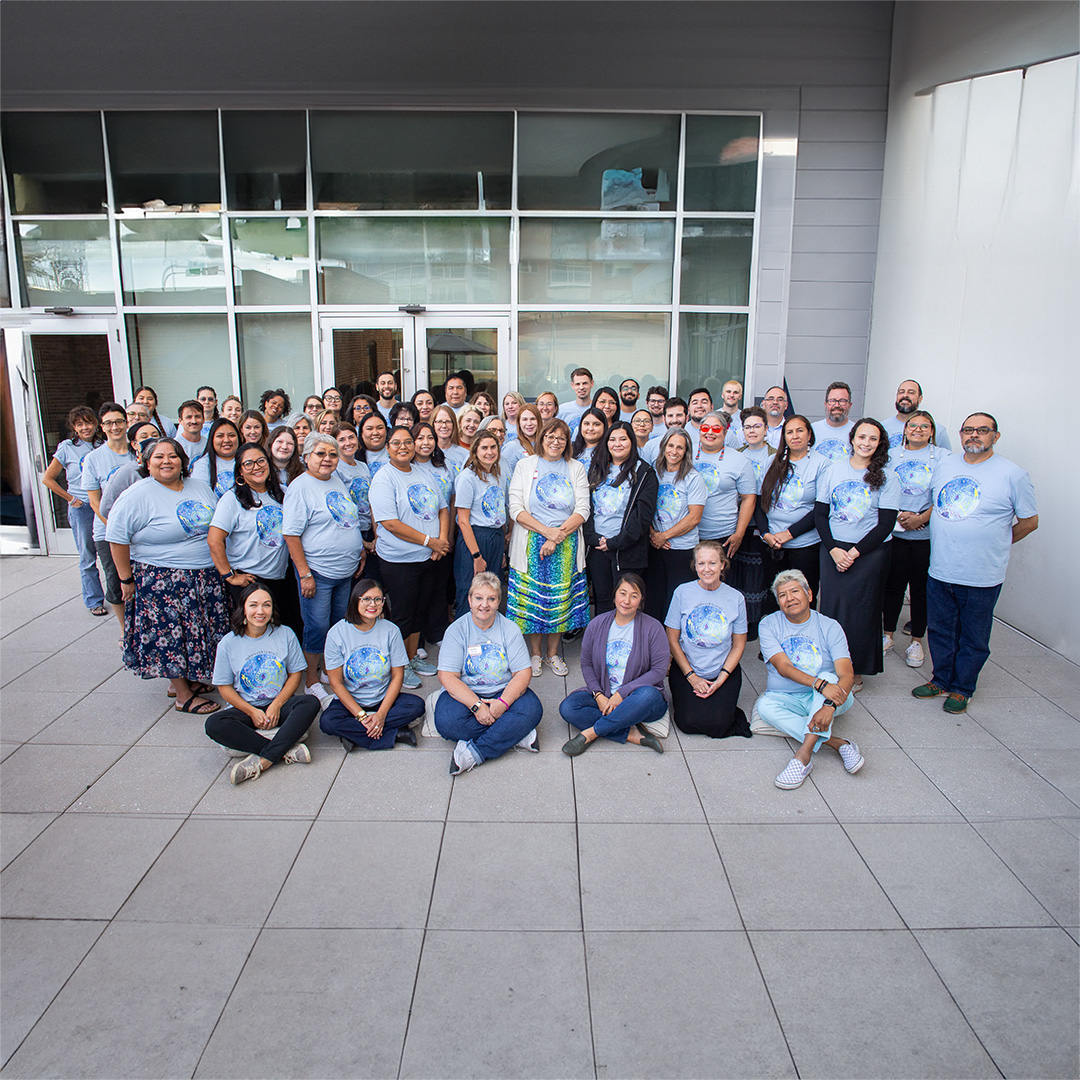For the twelfth straight year, the American Indian College Fund hosted its annual holiday dinner for American Indian elders. Three-hundred elders from an array of tribes gathered at the Church of All Saints at 2559 S. Federal Blvd. in Denver to enjoy a feast of buffalo, other treats, and American Indian entertainment. Diane Buck and Grace Gillette were honored as Elders of the Year for founding the Denver March Powwow.






